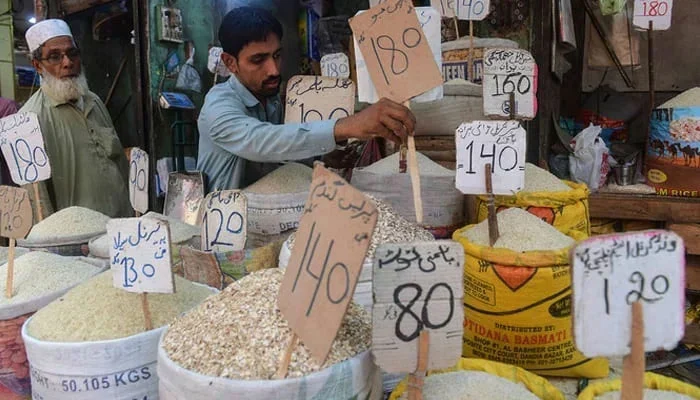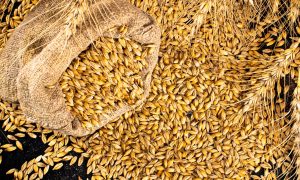Prices hit the poor

As commodity prices soar, families like Zainab Alvi’s, dependent on a meager income, face mounting pressure. With essentials like onions, potatoes, and eggs seeing continuous hikes, the struggle intensifies. Government inaction against market manipulation adds to woes. Amid Middle East tensions, fears of global supply disruptions loom. Zainab, a widow and domestic worker, laments the vicious cycle of inadequate wages and rising expenses, while her sons echo the sentiment, highlighting the stark reality of inflation outpacing income growth.
Prices of several commodities have increased in the market. Every year we see the prices of daily essentials go up. The prices of onion, potatoes, eggs, edible oil, and spices continued to increase, putting people with limited income under severe pressure.
“Coupled with the increase in other commodities that have severely affected us, I am the only earning member in a family of five. Though I know about market manipulation by millers and a section of unscrupulous traders, I did not hear anything about the government taking legal actions against them,” says Nadeem Alvi.
“The crisis in the Middle East is intensifying and the prices of daily essentials in the country have been going up. Iran and Israel have launched attacks on each other. If a war breaks out between the two Middle Eastern countries, this could hit the global supply chain hard. Even the prices of fuel oil could also rise,” says Ansar Zaidi, a government employee.
“Where would the people with limited income like me go if the commodity prices increase more? We are already under severe pressure due to the spiralling trend in the market. The government should take steps to increase supply of rice, flour, oil, and other daily essentials so that people with limited income can afford them. Moreover, alongside the towns this step must extend to remote areas too,” says Qurban Hussain.
“The biggest challenge we face, with the increasing prices, is to provide enough to eat three square meals a day with a balance in the nutrients,” says Zainab, 46, a domestic worker and a widow, who lives in Railway Colony, Lohi Bher.
“Over the last two years, I have been buying lesser amounts of vegetables and pulses as my wages have not increased proportionately with the rising inflation of food commodities. Since I do physical labour, and since I do not get enough nutrition, I fall sick and miss work, thus, earning less. It is a vicious circle,” she says.
“Life for Zainab and her family is limited to buying a pair of clothes and economical shoes. We prepare cheap food. My first son, Abbas 21, works as an assistant at a hospital and my second son Shabbir, 17, works as a helper at a binding shop respectively and we three collectively earn about Rs20,000 per month to run the household,” says she.
Abbas, Zainab’s first son says, “We have become accustomed to a certain kind of life. A few years ago, we could run the house with 9000 rupees. Now we need at least Rs25,000. Costs have gone up but our wages have not increased proportionately. We used to pay Rs8,000 as rent two years ago. Now we pay 12,000 rupees. Most of our income goes there and does not leave for much else.”
Source Link : https://www.thenews.com.pk/print/1188361-prices-hit-the-poor















